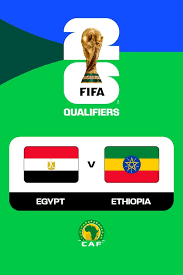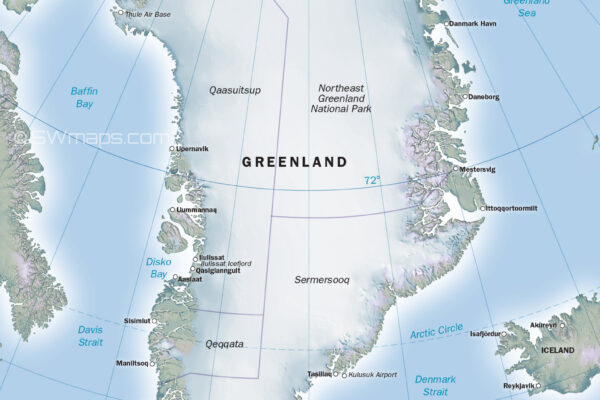Egypt vs Ethiopia: The Ongoing Water Dispute Explained

Introduction
The tension between Egypt and Ethiopia has escalated in recent years, particularly concerning the Grand Ethiopian Renaissance Dam (GERD). This mega project, when completed, is expected to be one of Africa’s largest hydroelectric dams. The GERD has significant implications for water security and diplomatic relations in the region, particularly affecting Egypt, which relies heavily on the Nile River for its freshwater supply.
The GERD and Its Impact
Construction of the GERD began in 2011 on the Blue Nile, a major tributary of the Nile River. With an expected capacity of 6,450 megawatts, the dam aims to provide electricity to millions of Ethiopians and promote economic development. However, Egypt, which receives approximately 90% of its water from the Nile, views the dam as a direct threat to its water supply. The Egyptian government contends that the filling and operation of the dam must be regulated to avoid severe downstream impacts.
Recent Developments
Recent discussions between the two countries, involving Sudan as a mediator, have failed to yield a definitive resolution. The key point of contention remains the filling of the dam’s reservoir, which Ethiopia commenced unilaterally in 2020 and continued through 2021 and 2022, despite objections from Egypt and Sudan. This action led to increased tensions, with Egypt warning of potential military intervention if its vital water interests are threatened.
Moreover, the African Union has been involved in mediating the negotiations, but progress has been slow. In September 2023, Ethiopia announced that it had completed the dam’s first filling phase, insisting that it does not endanger Egypt’s water supply. Nevertheless, Egypt continues to express alarm over Ethiopia’s plans and stresses the need for a legally binding agreement to govern the dam’s operations.
Conclusion
The ongoing dispute between Egypt and Ethiopia over the Grand Ethiopian Renaissance Dam highlights significant challenges regarding transboundary water management and regional cooperation. The situation remains precarious, with potential implications for regional stability and security. As this crisis unfolds, the international community has called for constructive dialogue and negotiation to prevent escalation and ensure equitable water use for all parties involved. The coming months will be critical in determining the path forward for both nations, as they navigate this complex and vital issue.
You may also like

Understanding the Significance of the Greenland Map

Current Events: What’s Happening in Iran
